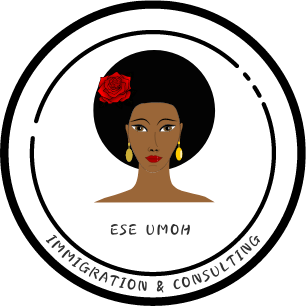Dear future neighbour,
On November 25, 2025, Canada announced a new plan for international students in 2026. The government will issue 408,000 study permits next year. This is a 7% drop from 2025 and a 16% drop from 2024.
How the permits will be distributed
Of the 408,000 permits:
-
155,000 are for new students coming to Canada.
-
253,000 are for current students who need to extend their permits.
This shows Canada is prioritizing students who are already studying in the country.
Some exemptions are also being made:
-
Master’s and PhD students at public universities won’t need the usual Provincial/Territorial Attestation Letter (PAL/TAL).
-
K-12 students remain exempt as before.
This means Canada still wants to welcome high-value students, especially those pursuing research or advanced degrees.
Study Permits by Province and Territory
For 2026, the Canadian government has set limits on study permits by province and territory.
IRCC will process up to 309,670 applications from students needing a PAL/TAL. From these, around 180,000 permits are expected to be issued, allocated based on provincial populations.
The table below shows the difference between applications processed (including refusals) and planned permit issuances (only approvals).
| Province or territory | Study permit applications to be processed in 2026 for PAL/TAL-required cohorts | Planned study permit issuances for PAL/TAL-required cohorts |
| Alberta | 32,271 | 21,582 |
| British Columbia | 32,596 | 24,786 |
| Manitoba | 11,196 | 6,534 |
| New Brunswick | 8,004 | 3,726 |
| Newfoundland and Labrador | 5,507 | 2,358 |
| Northwest Territories | 785 | 198 |
| Nova Scotia | 8,480 | 4,680 |
| Nunavut* | 0 | 180 |
| Ontario | 104,780 | 70,074 |
| Prince Edward Island | 1,376 | 774 |
| Quebec | 93,069 | 39,474 |
| Saskatchewan | 11,349 | 5,436 |
| Yukon | 257 | 198 |
| Total | 309,670 | 180,000 |
Why the cap was introduced
Canada wants to reduce the overall number of temporary residents and ease pressure on housing, healthcare, and other services in major cities.
Already, fewer study permits were issued in 2025, dropping from over one million holders in early 2024 to around 725,000 by September 2025.
How this affects International Students
– More Competition
With only 155,000 new permits, getting a spot will be harder than before.
– Priority for Graduate Students
Master’s and PhD applicants at public universities may have an easier process thanks to the PAL/TAL exemption.
– Plan Early
Applications should be submitted early. Provincial allocations vary, so check which province you are applying to.
– For Students from Countries like Nigeria
High demand means careful planning is needed. Consider backup options or alternate pathways if necessary.
Need help with admission into Canada or assistance with your study permit application. Book a consultation with us, let’s help you get started.










